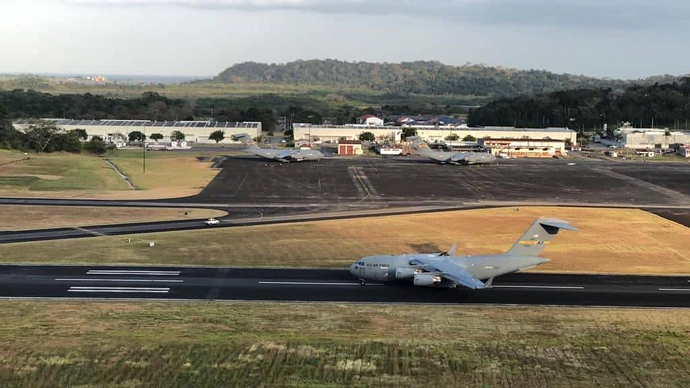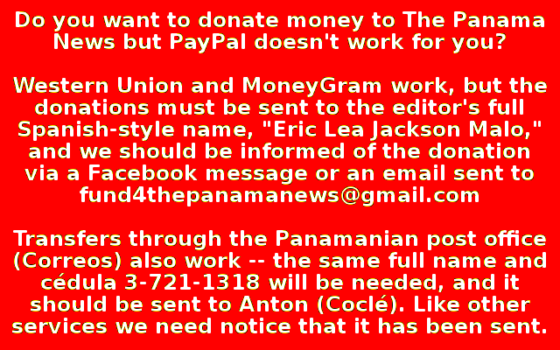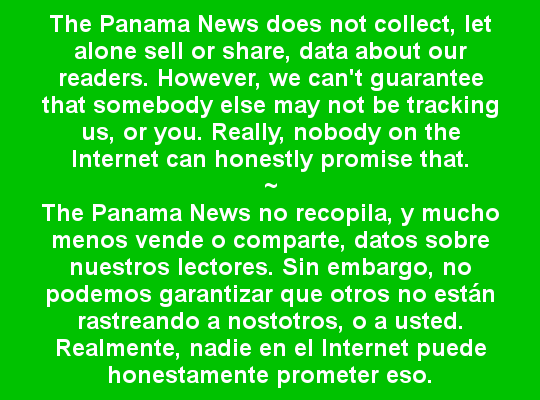US Congress considers alternative responses to Venezuela’s political crisis
by the Washington Office on Latin America
Today [March 13] the House of Representatives Committee on Foreign Affairs is holding a hearing on H.R. 1004, a bill that prohibits unauthorized US military intervention in Venezuela. It is among several bills concerning Venezuela recently proposed by Members of Congress, alongside a bill on humanitarian assistance, another on Russia-Venezuela relations, and another concerning arms imports. All three of these are scheduled for debate in the House Committee on Foreign Affairs on Thursday, March 14. According to research and advocacy group the Washington Office on Latin America (WOLA), the numerous pieces of legislation are indicative of growing resistance in Washington to the repeated, reckless threats of US military intervention, which are roundly failing to advance a solution to Venezuela’s ongoing political crisis.
“US military intervention in Venezuela would be disastrous and Congress needs to unequivocally take it off the table,” said WOLA Assistant Director for Venezuela Geoff Ramsey. “Besides making it clear that the Trump administration lacks the authorization to intervene militarily in Venezuela, there’s plenty of other common-sense policies on Venezuela that Members of Congress should be supporting.”
As WOLA has noted in a report released earlier this year, hinting at the possibility of US military intervention in Venezuela is not an effective way to increase pressure on President Nicolás Maduro’s government. Threats of a US military option give the Maduro government a rallying cry, while also serving to divide and weaken the opposition, the report states. Other research shows that the majority of Venezuelans oppose the prospect of foreign military intervention. This arguably increases the need for Congress to send a strong signal that it will not authorize the Trump administration to use military force in the country (as does H.R. 1004, the Prohibiting Unauthorized Military Action in Venezuela Act, which currently has 52 co-sponsors).
“Members of Congress who want to be tough on Venezuela should emphatically reject the prospect of a US invasion, because every time the Trump administration threatens a military option, it strengthens the cohesion of the Maduro regime,” said WOLA Senior Fellow David Smilde.
In addition to rejecting military intervention, there are a number of concrete actions that Members of Congress can take to more effectively address Venezuela’s political and economic crisis. These include increased Congressional support for the International Contact Group, an initiative backed by three Latin American countries (Costa Rica, Ecuador, and Uruguay) and eight European Union member states. As WOLA has argued, the Contact Group is better equipped than past, failed efforts at dialogue to facilitate a negotiated, democratic solution in Venezuela. Other notable proposals by Members of Congress include increased support for large-scale humanitarian operations in Venezuela in cooperation with multilateral institutions such as the United Nations, as well as expanding the Temporary Protected Status (TPS) humanitarian program to cover immigrants forced to flee the country.
“Voicing support for a military coup or invasion is not getting Venezuela any closer to free and fair elections,” said Geoff Ramsey. “Congress can more effectively pressure the Maduro government by supporting smart, multilateral diplomacy.”

[Editor’s note: WOLA is rightfully concerned about US policy. Here in Panama, what the presidential candidates say about the use of Panama as a base to attack Venezuela ought to be, but largely hasn’t been, an important part of our national political discourse.]













